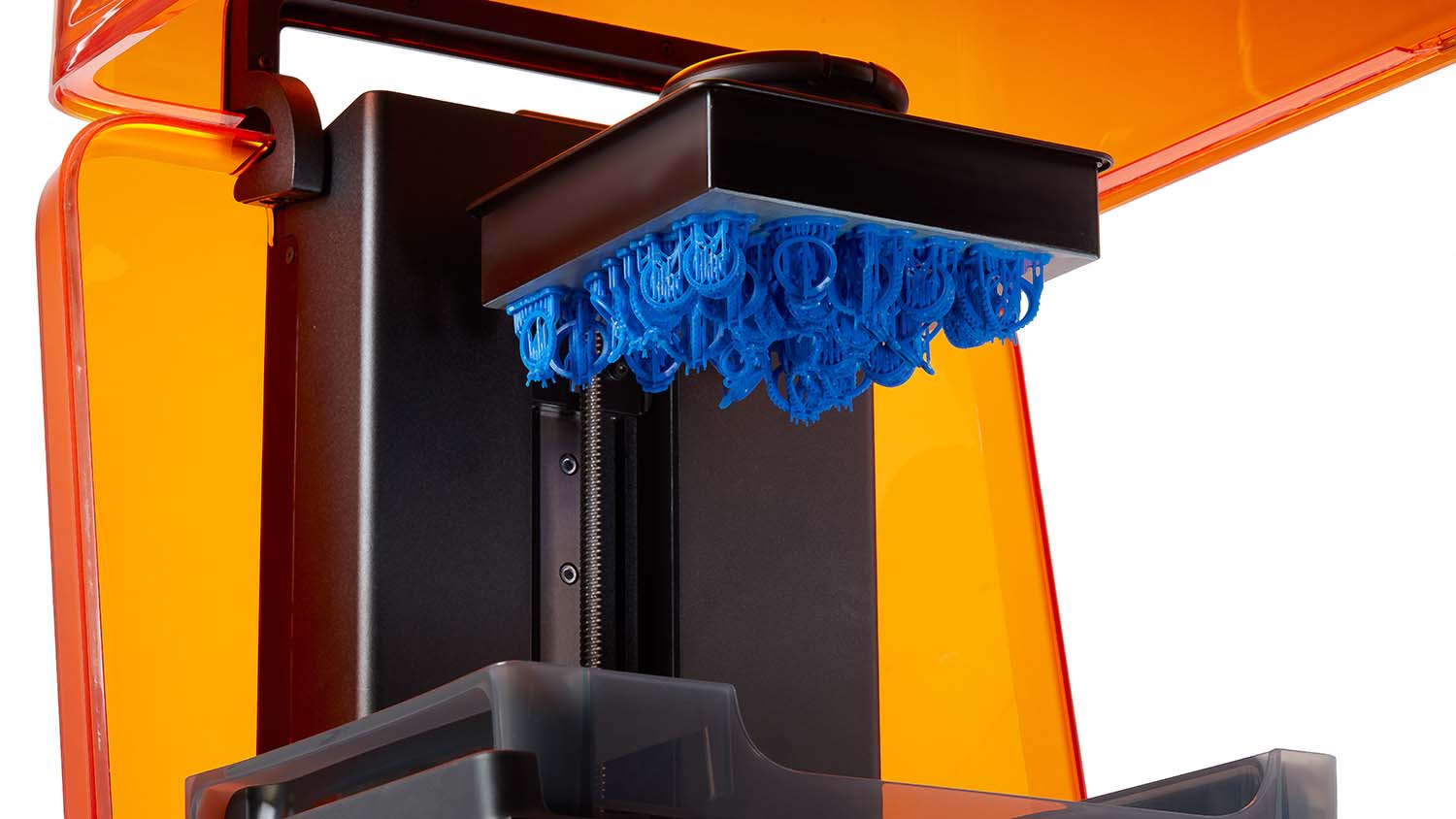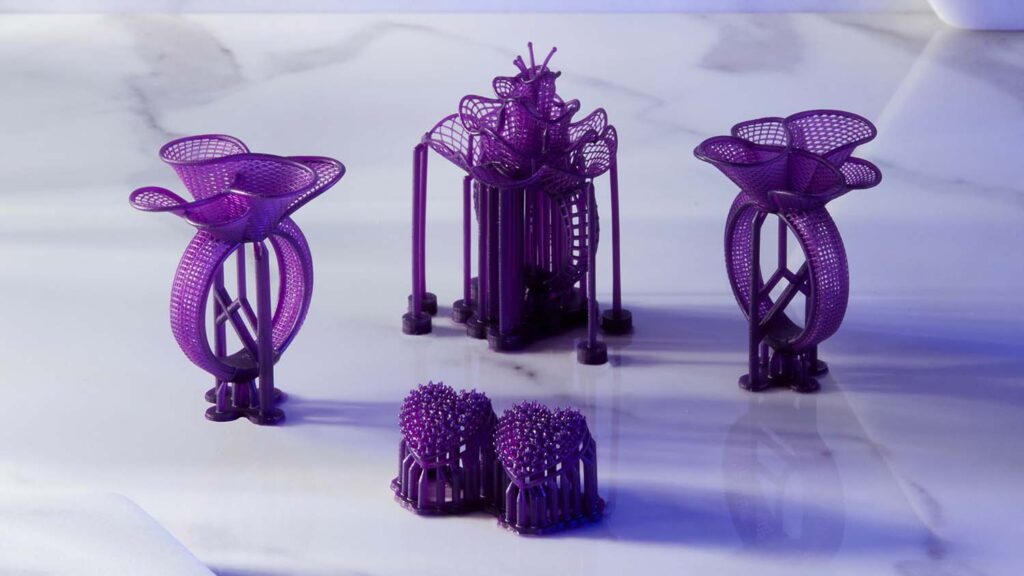Formlabs has added Castable Wax 40 Resin to its growing material portfolio, allowing for professional quality jewellery casting using its 3D printing systems, including the Formlabs Form 3.
The target for Castable Wax 40 Resin is production-oriented jewellery, with Castable Wax 40 Resin capable of achieving results similar to blue carving wax, a traditional material used in lost wax casting.
This is achieved via the resin being 40 per cent wax-filled material, capable of supporting traditional casting conditions.
Formlabs worked with The Gemological Institute of America, an authority on diamonds, coloured stones, and pearls, and Rio Grande, one of the largest jewellery findings, tools, and equipment suppliers, to develop the qualities of Castable Wax 40 Resin to make it ideally suited for end-use jewellery.
The new resin is the 30th proprietary resin to be added to Formlabs material library, and its 12th in the last year.
Formlabs suggests that the launch further demonstrates that the next era of 3D printing ‘won’t be driven by hardware’, but by materials.

“The advancements happening in material science are providing the 3D printing industry with a new level of utility and versatility,” said Formlabs CPO Dávid Lakatos.
“When revolutionary materials are combined with the unique structures 3D printers can create, the end products better meet the needs and expectations of consumers.
“With our rapidly growing array of materials, we are able to continually expand the list of industries that can benefit from 3D printing.”
Formlabs engineering vertical lead Kathy Bui, added: “Resins can be soft and stretchy, tough and sturdy, strong and rigid and they can also be biocompatible and FDA approved to be in contact with the skin or mucous membranes.
“At Formlabs, we’re always working on pushing the boundaries of what’s possible in additive manufacturing and materials are central to that. New materials unlock new applications, from everyday products like a pair of shoes used in a marathon to medical devices and surgical guides that assist in the operating room.”






